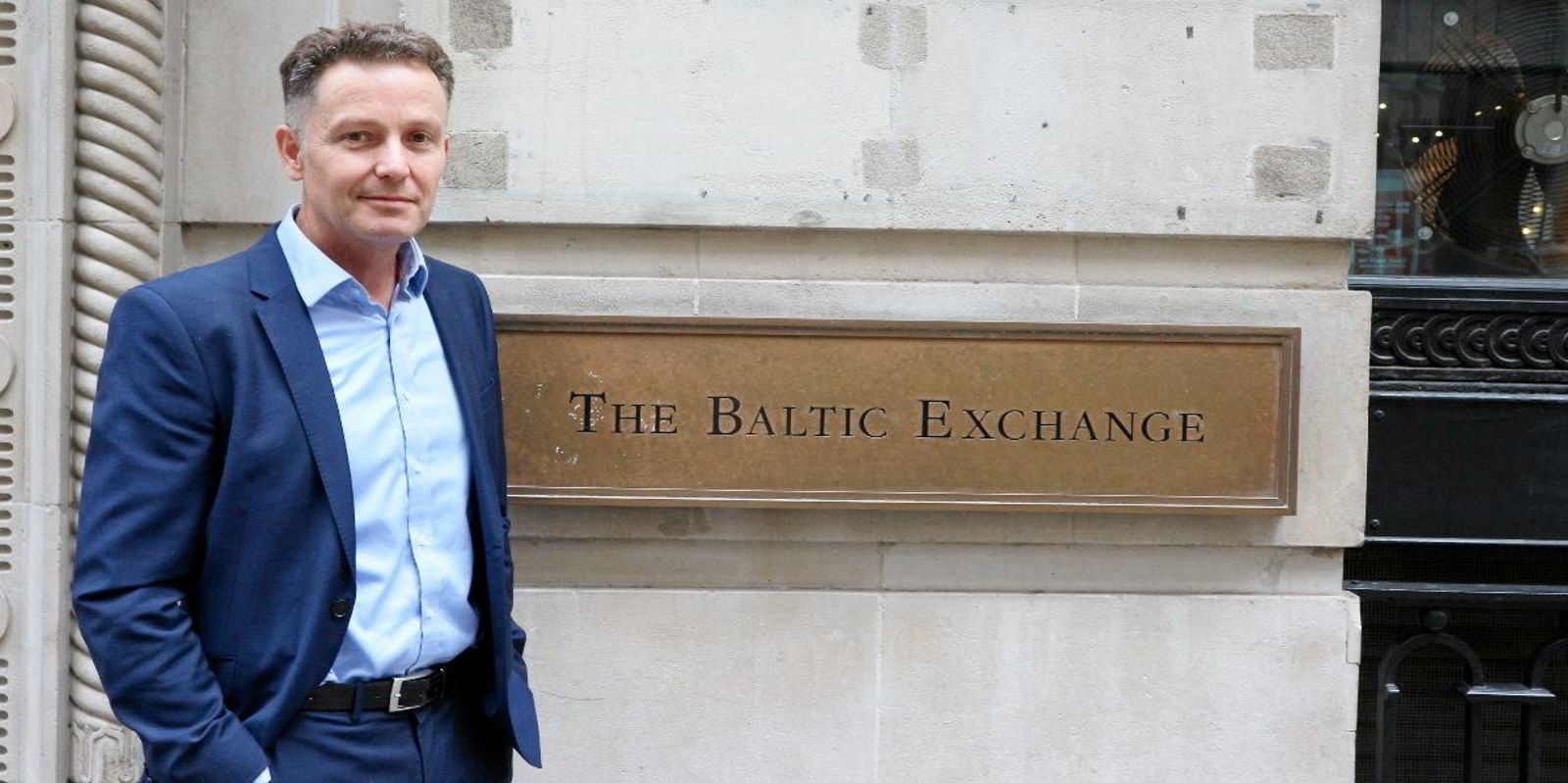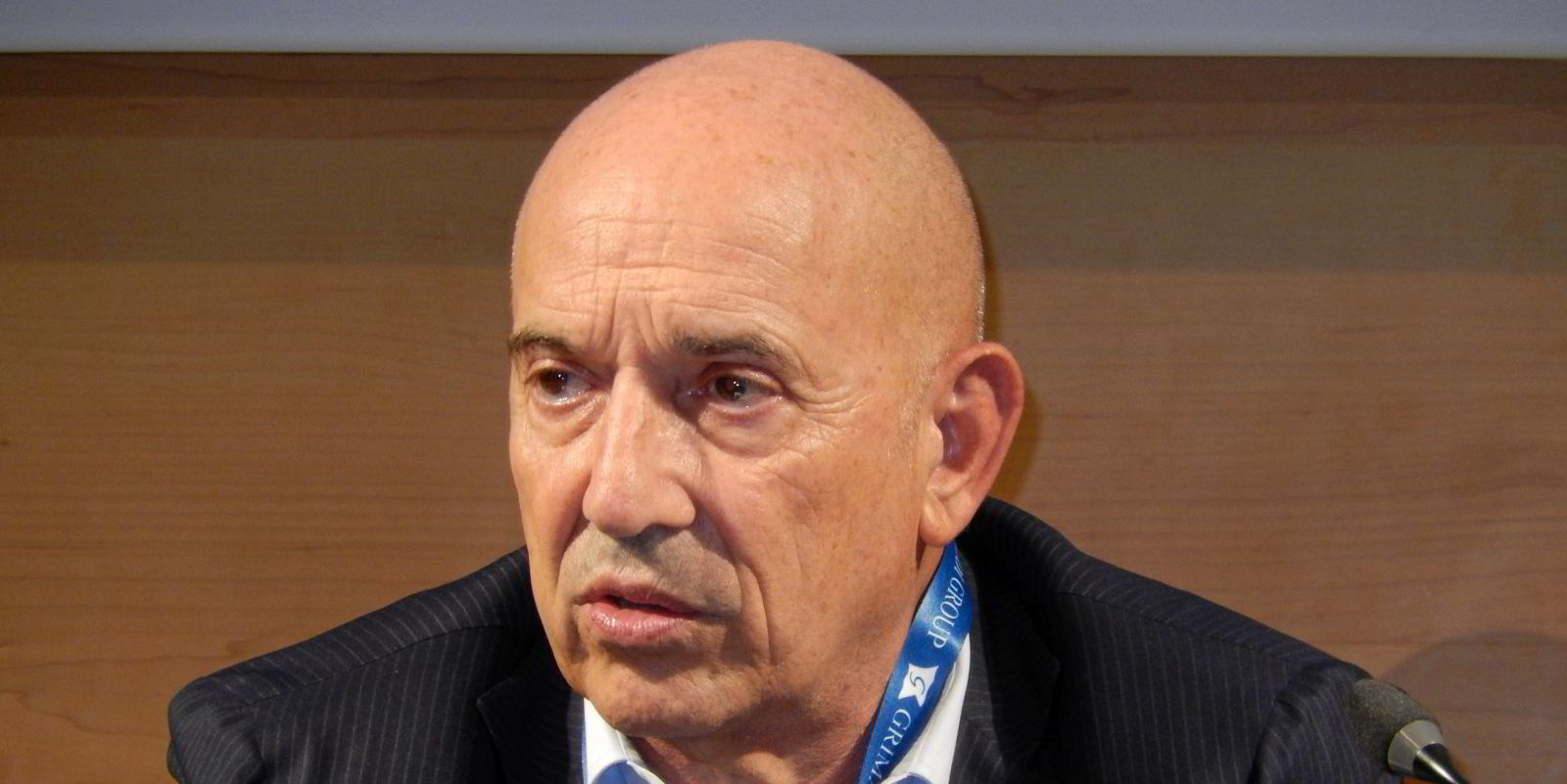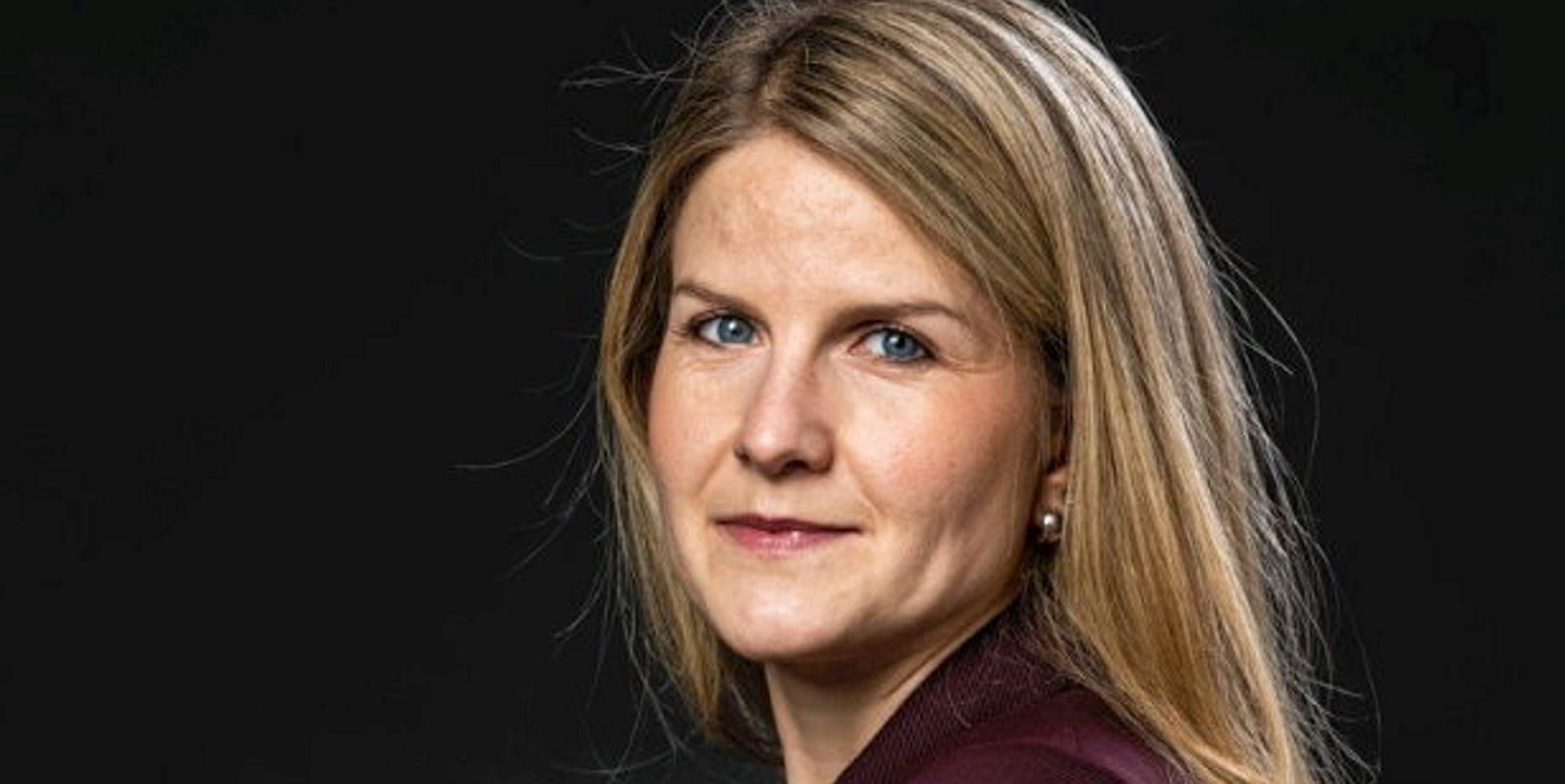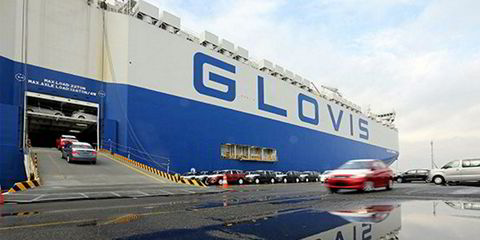London's Baltic Exchange has brought in former RightShip boss Martin Crawford-Brunt as a strategic carbon lead.
The company introduced carbon assessments alongside its spot dry bulk charter rate assessments this summer, and is expanding its role to support market mechanisms aimed at reducing CO2 emissions from the shipping sector.
The new role is designed to provide strategic support for the Baltic Exchange’s leadership team and to deepen relationships with key stakeholders.
Baltic chairman Denis Petropoulos said: "We welcome Martin to Baltic Council from this month where his experience and knowledge of the wide-ranging issues in shipping, in particular those related to ESG, will be invaluable to our members."
The 10-strong council provides the exchange with input into a range of issues including the development of the Baltic's code of conduct, and overseeing digital solutions and best practices.
Foundations being laid
Baltic Exchange chief executive Mark Jackson said foundations are being laid for consistency in the way in which carbon is priced into seaborne freight.
"We are helping the industry build a consensus position for the definition of voyages and time charters and close the gaps between numerous CO2 estimates," he said.
Jackson explained that the new carbon lead understands the complexities of the relationships between owners, charterers and national and international regulators.
Engineer Crawford-Brunt started his career at the Port of Cape Town in 1994 before joining the classification society DNV as a marine surveyor.
He spent three years from 2018 as boss of maritime vetting and due-diligence agency RightShip, before setting up Lookout Maritime in April this year.
Lookout partners with leading experts and organisations to support decarbonisation.
Crawford-Brunt said: "The Baltic Exchange is renowned for being the trusted keeper of the score when it comes to freight rates.
"With everyone calling for common reporting on shipping emissions, the Baltic Exchange is perfectly positioned to engage with stakeholders to help market participants develop mechanisms, which will lead to real-world emission reduction," he said.
In August, the exchange started publishing indicative emissions and Energy Efficiency Operating Indicators (EEOIs) for the main dry bulk shipping routes and vessel classes on its website.






